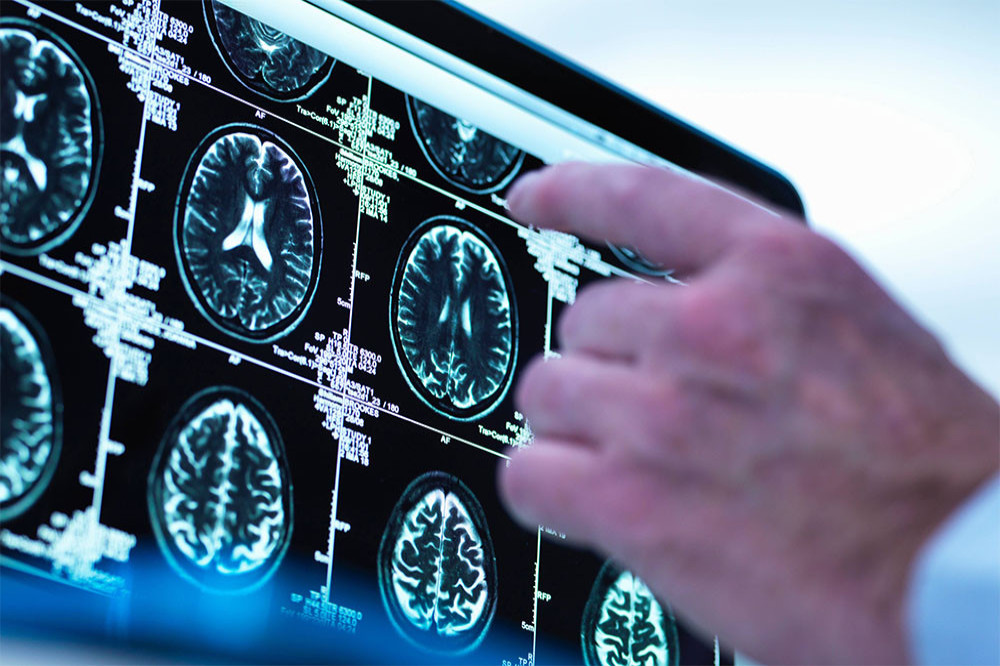Alzheimer's disease can be transmitted between people.

Alzheimer's disease can pass between human beings
New evidence suggests that the degenerative brain condition can pass between humans in rare medical accidents after a handful of individuals who received human growth hormones from dead donors went on to develop the disease early in life - likely because the hormones were contaminated with proteins that bedded the disease into their brains.
The experts have emphasised that there is no evidence of Alzheimer's being passed between people through everyday activities or basic care.
Professor John Collinge, co-author of the study and director of the MRC Prion Unit at University College London (UCL), said: "We're not suggesting for a moment you can catch Alzheimer's disease. This is not transmissible in the sense of a viral or bacterial infection.
"It's only when people have been accidentally inoculated, essentially, with human tissue or extracts of human tissue containing these seeds, which is thankfully a very rare and unusual circumstance."

